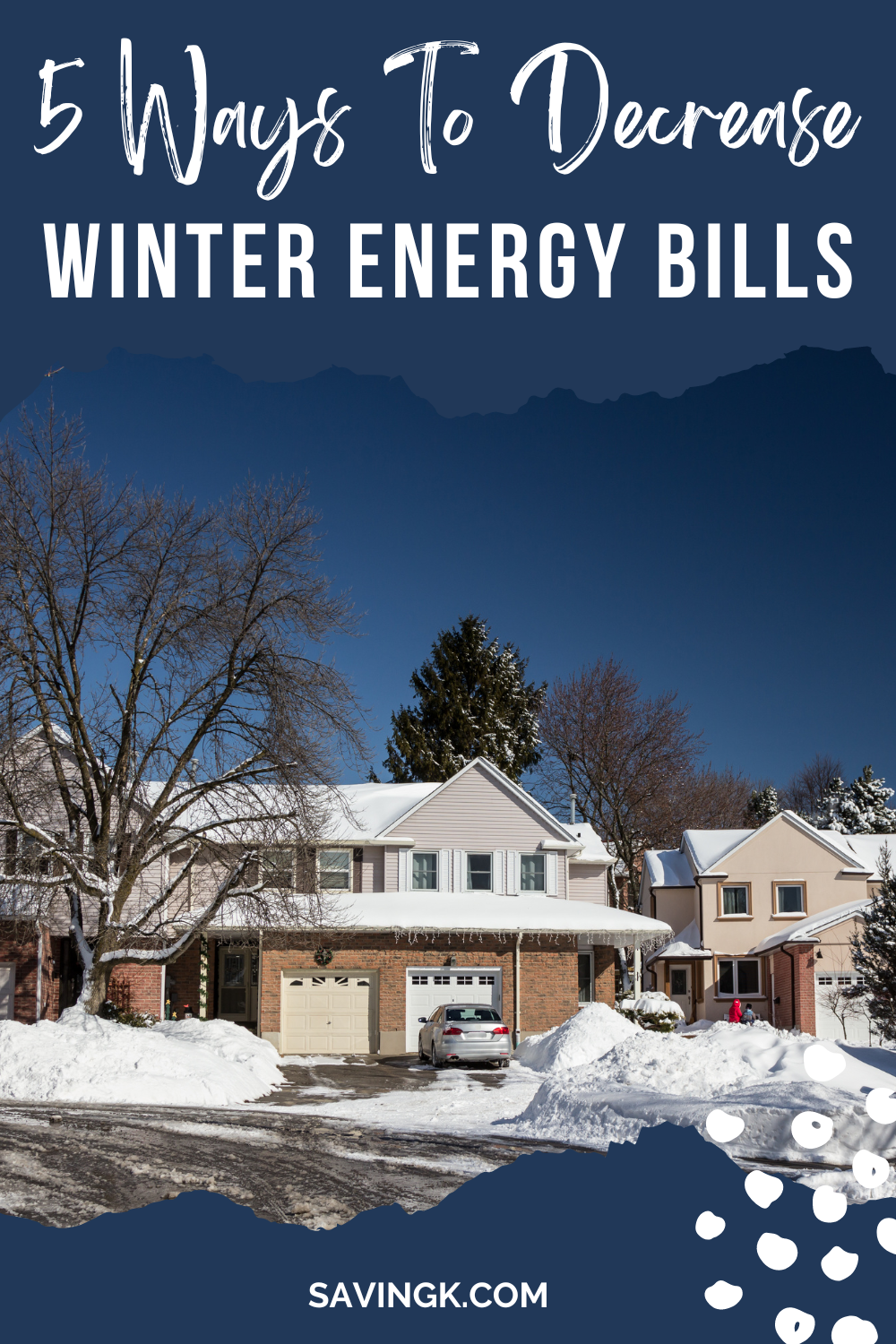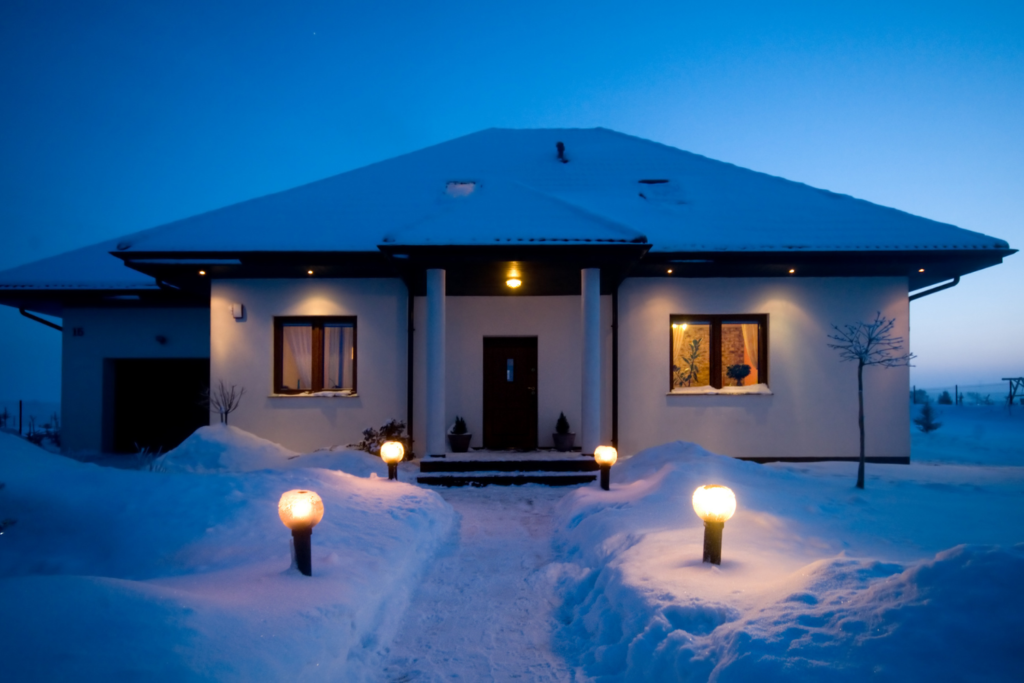
Winter energy bills are typically higher than usual for most homeowners and renters. Regardless of how your home is heated, it’s important to work consistently to keep your winter heating costs down. Much of the work involved in keeping costs down is free or inexpensive and preventive. With a little extra attention and preparation, you can save on your winter energy bills this winter.
Contents
1. Financial Preparation
It’s usually easier to deal with increasing costs when you know what’s coming. Try preparing financially for winter heating costs by assessing last year’s heating costs first. It’s best to be prepared when you know what’s coming. Add or subtract as needed for any occupants who have moved in or away since last year’s bill.
If you know you’ll come up short, communicate with your energy company before you get behind on your bills. Some energy companies can evenly spread winter heating costs over even bills throughout the year. If this isn’t a possible arrangement, the company may be able to provide other payment options for you. Additionally, most energy companies offer customers free money-saving tips beyond what this article provides.
Worried about upcoming heating costs, my husband communicated with our energy provider during the summer. They put us on an equal payment plan. Using last year’s energy usage amounts, they determined our yearly spending and divided it evenly among each month.
2. Identify and Seal Cracks
Feeling drafty? Make sure you check the cracks under doors leading to the outside, especially during a particularly windy day. Inspect windows for cracks. If your home is older, look for openings in your walls. You can seal permanently-closed areas with caulk. You can pad your windows with foam from an inexpensive insulation kit. If you don’t have money for the kit, try to get a hold of some Styrofoam. Cut the Styrofoam into small strips and place it in the openings. Doing this will help you save the environment in two ways: by limiting the burning of fuels to heat your home and by making a second-use for environmentally-harmful Styrofoam materials.
Aside from saving money on heating, you’ll also save money by avoiding winter pest infestation and removal costs since mice and bugs will have no access to your home. When I removed air conditioning units and sealed my upstairs windows with Styrofoam, the temperature within the room was more consistent and there was a reduction in our energy bill.
3. Move Furniture
Furniture and appliances can absorb heat and energy. By moving furniture away from vents, you can allow hot air to circulate freely. Keeping hot water heaters and space heaters away from other objects will also prevent fires.
Don’t forget to move your refrigerator away from heating vents and appliances, too–when your fridge is near a heating source, it requires more energy to maintain a cold temperature.
4. Replace Filters
You know how your car uses more fuel and costs more money when you neglect oil and filter changes? Heating and cooling equipment works the same way. Invest a small amount of money in changing the filters on your heaters to save money throughout the season.
If you’re able, replace the filters on any air conditioning or other cooling units as you remove them for the winter. Cooling equipment is also more effective with clean filters.
5. Reduce Temperature–Slightly
If you reduce the temperature on your thermostat too much while you are sleeping or out of the house, you can end up spending more money to get the house warm again. However, if you change the temperature just a few degrees during these times (or while you’re home and active, doing something like exercising or cleaning), you’ll save money on your heating bill.
In my home, we can’t afford an HVAC cleaning or thermostat system repair at this time. As a result, the upstairs is up to ten degrees warmer than the downstairs. When we’re spending time upstairs, we’re sure to lower the temperature in the house a few degrees since it’s still warm enough upstairs.
While these tips are mainly preventive in nature, they all require some upkeep throughout the winter season. Frequently check your windows to ensure they’re still sealed. If you share a house with others, don’t forget to discuss any changes with the household and check on temperature changes.





